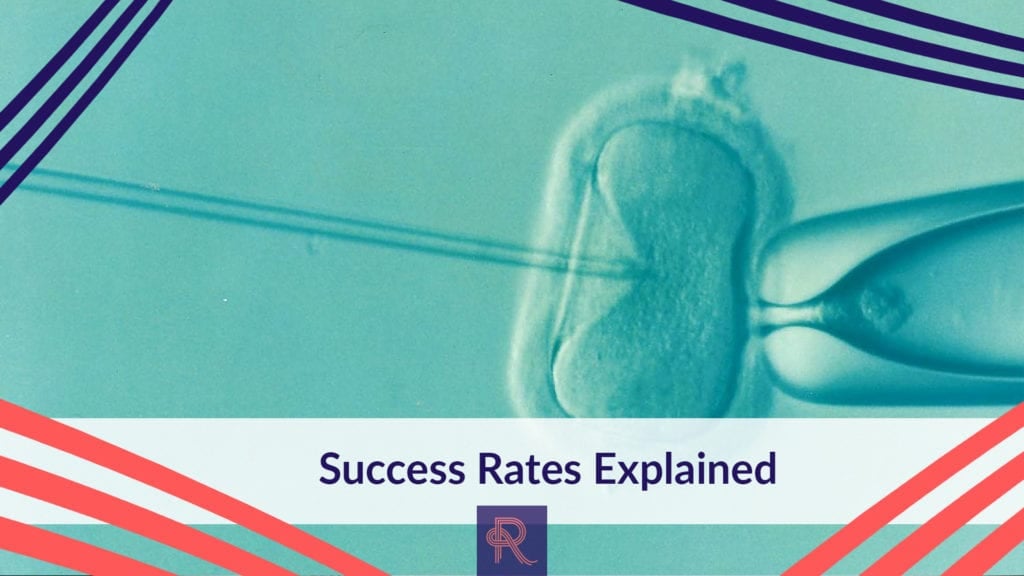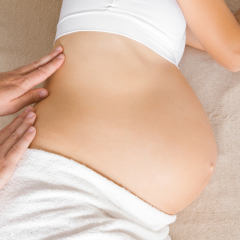
Our Medical Director, Hans Arce, helped us out to explain the factors that we take into consideration while sharing our success rates here at Repromed.
Clinical vs chemical pregnancy rate
The main difference between these two outcomes is whether the pregnancy can be diagnosed by blood hormonal levels or through an ultrasound. A chemical pregnancy (meaning detectable by a chemical reaction; e.g. a blood or urine test) is essentially the pregnancy test. A clinical pregnancy is actually seeing the gestational sac (pregnancy) and hopefully the embryo inside the uterus by means of an ultrasound scan. Note: the term ‘rate’ refers to the percentage of transfers that result in a pregnancy (pregnancies/transfer).
Pregnancy
The first day of pregnancy is considered 14 days before ovulation. This is why, when your cycle is 28 days, your last menstrual date is considered your first day of pregnancy. This means that when we do IVF, if we do the pregnancy test 2 weeks after your egg collection and it is positive, you are 4 weeks pregnant already. We generally wait 2 or 3 more weeks to be able to see fetal heartbeat, so this is why on the day of the pregnancy viability scan you are already 6 or 7 weeks pregnant.
Age
The average age of the female population attending this clinic is 37.5 y.o.a. You will see from our results that the success rates begin to drop after the age of 40. This is because the fertility potential in females drops after that age. Even though 1 in 3 women after 40 will still succeed, there is a sizeable drop in success rates after 40. The explanation for this drop is in line with an increase in the proportion of abnormal embryos produced after 38 y.o.a that worsens after 40. This drop is in line with international results.
Miscarriage
Miscarriage is very common. It is more common than people realise. This is because many embryos that are created (naturally or through IVF) do not carry the correct genetics, and as we explained earlier, it is related to the quality of the embryos influenced by female age. A couple younger than 35, has around 20-30% chance of pregnancy any given month. At this age there is still around 18-20% chance of miscarriage, this increases to 22% at 35, and increases to 38% at 40.
ReproMed
At ReproMed more than 1 in 2 women under the age of 40 will become pregnant with our help and care. Sadly not every pregnancy will go to full term. Miscarriage is still a disappointing reality although our statistics are showing a miscarriage rate between 10-20% depending on the age. This is less than in the background population natural pregnancy miscarriage rate.













